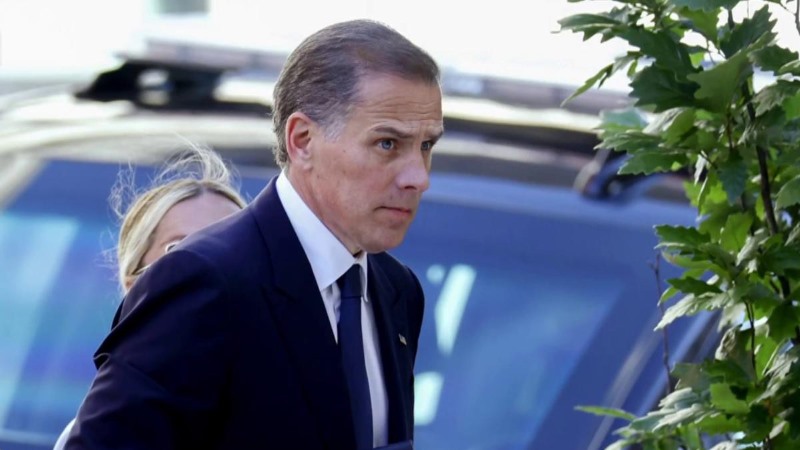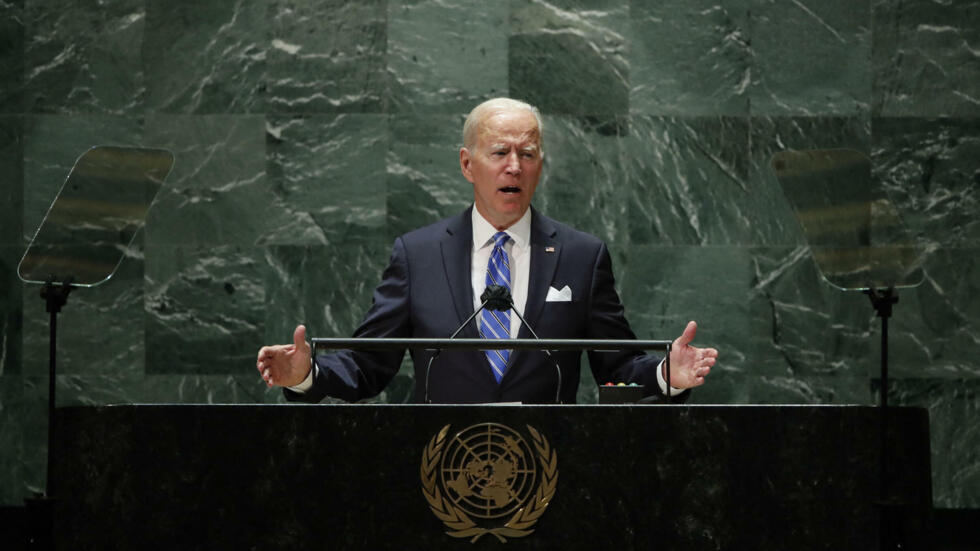Opinion
President Biden’s UN Address A Critical Reflection on His Legacy
President Biden’s UN address will the United Nations on Tuesday, likely marking his final significant appearance on the global stage. A president’s foreign policy legacy often endures beyond their term, prompting a careful assessment of the world Mr. Biden will pass on to his successor.
A Perilous Global Landscape
The global landscape is notably more perilous than the one Mr. Biden inherited, presenting greater challenges to U.S. interests, human rights, and democracy. Tragically, this irony underscores his emphasis on the struggle between democratic governance and authoritarianism. Under his administration, authoritarian regimes have gained ground across Europe, Asia-Pacific, the Middle East, Africa, and the Americas.
President Biden’s UN address highlights increasing global challenges to democracy and human rights, according to wsj news.
Afghanistan Withdrawal A Damaging Decision
Mr. Biden’s tumultuous withdrawal from Afghanistan stands out as a pivotal moment, leading to a series of crises. The Taliban now governs the country, reinstating a harsh Islamist regime. This withdrawal has significantly harmed women and allowed jihadists to reestablish their stronghold, sending a concerning message about U.S. resolve to adversaries.
Challenges in Eastern Europe
In Eastern Europe, Mr. Biden’s attempts to placate Vladimir Putin included endorsing the Nord Stream 2 pipeline and withholding military support for Ukraine. Putin interpreted this as an invitation to invade Ukraine with minimal consequences. Although Biden eventually provided support, it has been insufficient and delayed throughout the conflict, raising questions about U.S. deterrence credibility.
Middle East Turmoil
In the Middle East, Biden’s approach has also raised concerns. Instead of strengthening the Abraham Accords, he alienated Saudi Arabia and restricted offensive weapon sales to counter the Houthis. His administration’s attempts to revive the 2015 nuclear agreement with Iran have been met with challenges, as Iran’s influence spreads chaos through proxy militias.

Hunter Biden Pleads Guilty to Tax Charges
The Hunter Biden pleads guilty saga took a decisive turn on Thursday, as the President’s son agreed to plead guilty to charges related…
The Asia-Pacific Strategy
Diplomatically, Mr. Biden’s performance in the Asia-Pacific region is somewhat better.He has reinforced U.S. alliances against China, particularly with Australia, Japan, and the Philippines. Military support has lagged behind diplomatic efforts, with insufficient submarine production and inadequate defenses to counter potential Chinese aggression.
Domestic and Regional Implications
Closer to home, Venezuela’s regime manipulation of elections highlights the naivety of Biden’s approach to easing oil sanctions. Mexico is trending toward authoritarianism, while Cuba continues to promote unrest. This culminates in a humanitarian crisis, as cities across the U.S. face surges in migrants.
Emerging Anti-Western Coalition
Most concerning is the growing collaboration among hostile regional powers, forming a new anti-Western coalition. Iran supplies missiles to Moscow, which may share nuclear expertise with Tehran. China is also supporting Moscow, participating in joint naval exercises while North Korea arms Russia.
A Deteriorating Global Order
These developments signal a significant deterioration of global order. There is a decline in U.S. influence unseen since the 1930s. Mr. Biden appears to act as though he presides over an era of peace and prosperity. He is proposing annual cuts in real defense spending. This may represent his most significant abdication of responsibility.
Experience quality journalism with The Wall Street Journal’s Digital Edition. Get a 70% discount, access exclusive investigative reports, insider insights, and diverse topics to enhance your informed decision-making. Join now!

